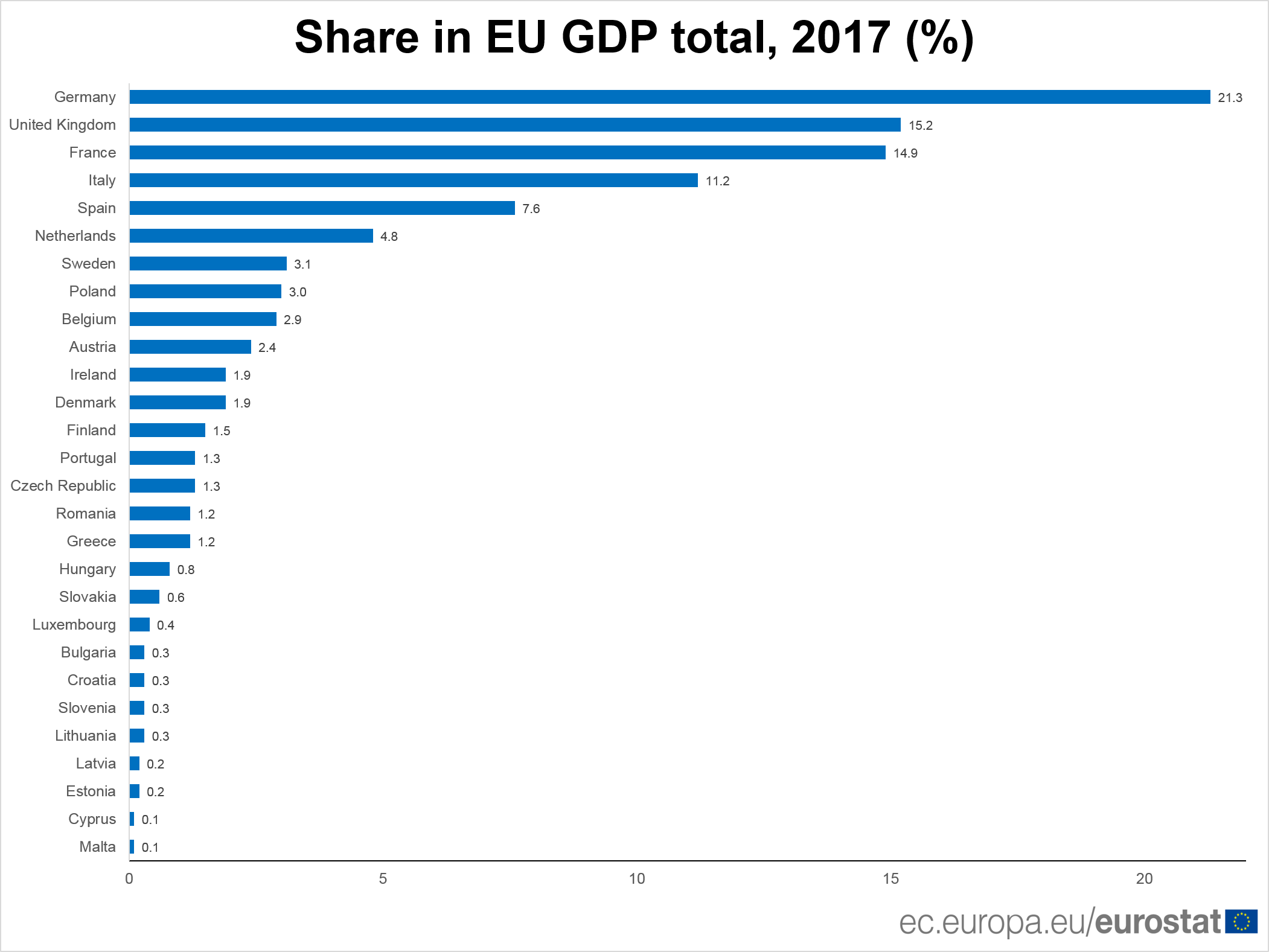Isabel Schnabel, Nicolas Véron, (2018), “Completing Europe’s Banking Union means breaking the bank-sovereign vicious circle”, VoxEU, 16 Μαΐου Several euro area leaders, including the German chancellor, her finance minister, and the French president, have recently referred to the need to “complete the Banking Union”. These public calls echo those made in more formal settings, in intergovernmental meetings (European Council 2014) and in European Commission communications (European Commission 2015) over the …Read More
Παροχή έκτακτης ενίσχυσης σε ρευστότητα προς τις ελληνικές τράπεζες (ELA)
ΤτΕ/Παροχή έκτακτης ενίσχυσης σε ρευστότητα προς τις ελληνικές τράπεζες (ELA)/17 Μαΐου 2018 Μειωμένο κατά η 2,5 δισ. ευρώ ήταν το ανώτατο όριο παροχής έκτακτης ενίσχυσης σε ρευστότητα (ELA) προς τις ελληνικές τράπεζες και διαμορφώθηκε στα 12,2 δισ. ευρώ. Στις 16 Μαΐου 2018 το Διοικητικό Συμβούλιο της ΕΚΤ δεν διατύπωσε αντίρρηση στον καθορισμό του ανώτατου ορίου παροχής έκτακτης ενίσχυσης σε ρευστότητα (ELA) προς τις ελληνικές τράπεζες στο ποσό των 12,2 δισεκ. …Read More
How much does your country invest?
Eurostat/How much does your country invest?/14 Μαΐου 2018 Last year, total investment (both from the public and the private sectors) by European Union (EU) Member States amounted to almost €3 100 billion. Construction accounted for about half of these investments, with machinery, equipment & weapons systems (31%) and intellectual property products (19%) following. The intellectual property products category has shown the largest increase in investment in proportion to total capital …Read More
The Debt Shackles Return
Michael Heise, (2018), “The Debt Shackles Return”, Project Syndicate, 15 Μαΐου Market analysts view the uptick in private lending in most emerging and some developed economies as a sign of higher demand and a precursor of faster growth. But, while this is true in the short run, the relentless rise of overall debt remains among the most serious problems burdening the global economy. Despite years of deleveraging after the 2008 …Read More
Euro area reform: No deal is better than a bad deal
Peter Bofinger, (2018), “Euro area reform: No deal is better than a bad deal”, VoxEU, 15 Μαΐου Given the focus on ‘risk sharing’, it is surprising that the authors do not explicitly explain what specific risks they want to be shared. Their proposals focus on the risk of idiosyncratic demand shocks and the risk of a national banking crisis. But this neglects the unique and existential risk of euro area …Read More
Are discretionary referendums on the EU becoming ‘politically obligatory?’
Aude Bicquelet-Lock, Helen J. Addison, (2018), “Are discretionary referendums on the EU becoming ‘politically obligatory?’”, LSE, EUROPP, 15 Μαΐου European governments have increasingly held referendums to decide matters associated with the EU since the first one was held in France in 1972, even though all EU states have representative democratic institutions and referendums entail considerable risk of defeat. This surge in non-obligatory referendum pledges inspired some scholars to suggest that referendums …Read More
The Dynamics of Sovereign Debt Crises and Bailouts
Francisco Roch, Harald Uhlig, (2018), “The Dynamics of Sovereign Debt Crises and Bailouts”, CEPR, discussion paper, Μάιος Motivated by the recent European debt crisis, this paper investigates the scope for a bailout guarantee in a sovereign debt crisis. Defaults may arise from negative income shocks, government impatience or a “sunspot”-coordinated buyers strike. We introduce a bailout agency, and characterize the strategy with the minimal actuarially fair intervention which guarantees the …Read More
Bye bye parents: when do young Europeans flee the nest?
Eurostat, (2018), “Bye bye parents: when do young Europeans flee the nest?”, 15 Μαΐου In the European Union (EU), over one young adult out of four (28.5%) aged 25 to 34 were still living with their parents in 2016. Across the EU, this share ranged from less than 10% in the Nordic Member States – Denmark (3.8%), Finland (4.3%) and Sweden (6.0%) – to about half in Croatia (58.7%), Slovakia …Read More
Germany’s current account surplus and corporate investment
Guntram Wolff, (2018), “Germany’s current account surplus and corporate investment”, Bruegel, 9 Μαΐου Germany’s current account surplus is unusually, and persistently, large. It was above €250 billion euros in 2017, the third consecutive year with a current account surplus above 7.8% of GDP (IMF 2017). To put this into context, of the 193 countries listed in the IMF’s World Economic Outlook between 1999 and 2017 (totalling some 3,570 available observations …Read More
Which Member States have the largest share of EU’s GDP?
eurostat/2018/Which Member States have the largest share of EU’s GDP?/11 Μαΐου The 19 Member States, which form the euro area, had a combined GDP of nearly €11 200 bn in 2017. The euro area accounted for 72.9% of the EU’s GDP. Germany (29.2%) and France (20.5%) together comprised half of the euro area GDP, while Italy (15.4%) and Spain (10.4%) made up a quarter. Σχετικές Αναρτήσεις Euro area economic and …Read More







